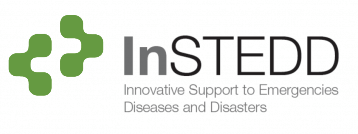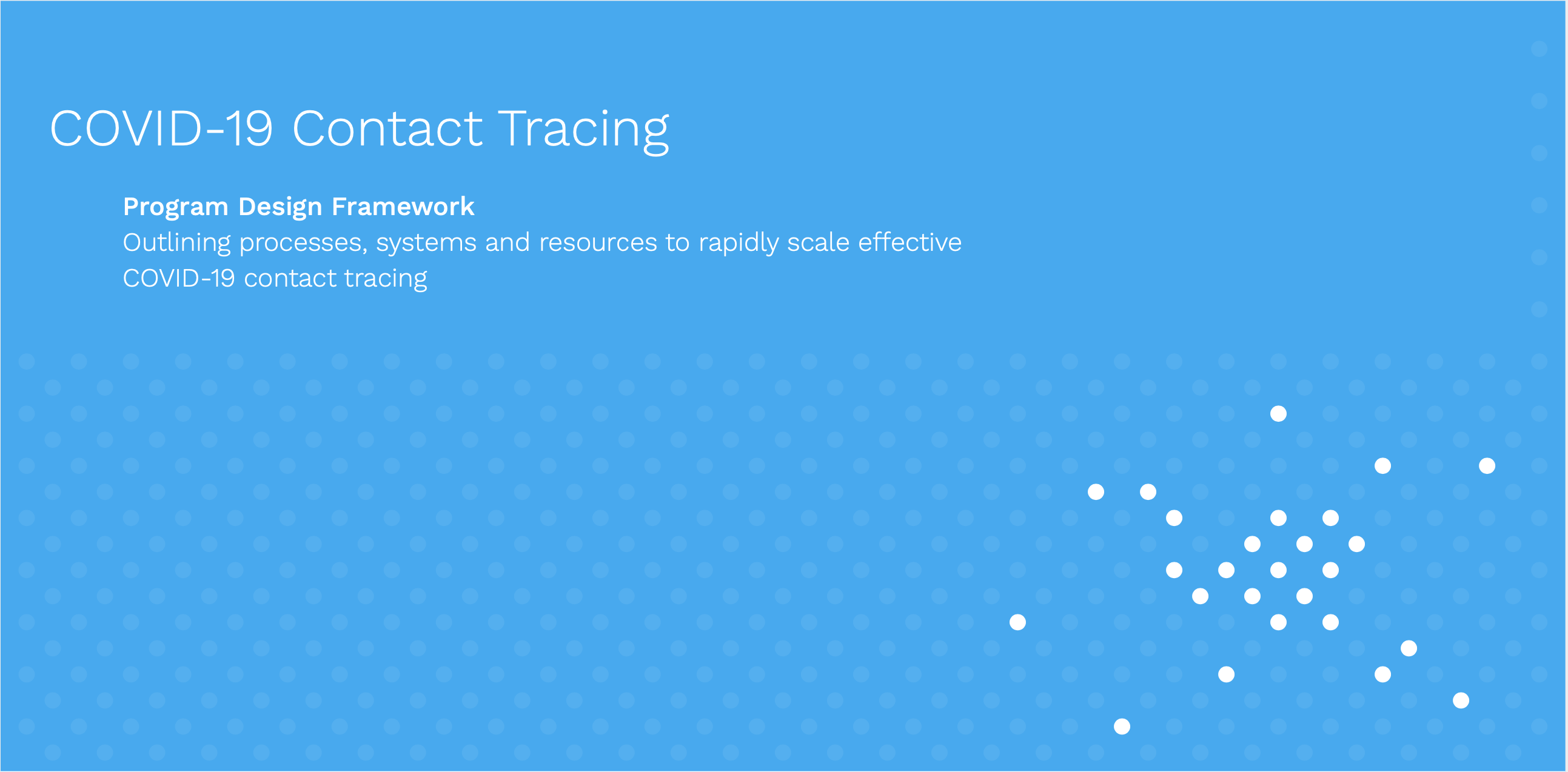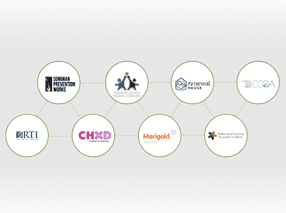Do you remember, years ago, when the gadget on your wrists just told the time? That seems like a lifetime ago, as in the current day, people are learning about their heart rate, counting calories, and being motivated to exercise. Devices like the Apple Watch and Fitbits are helping people track their health. And for many more, so is the smartphone in their pocket.
Technology in this modern era has surprised me more than I could have ever anticipated. People are now using the latest innovations in their daily life for improved health, but how?
A decade ago, I was doing all my daily tasks manually. If I needed information on how to cook a healthy dish I would ask an elder or a friend. Without a personal connection, I would be lost without information. How different the current day is, where literally any question I have can be answered in seconds via my smartphone or laptop.

Vy Yaro
“Technology makes me do things differently,” said Vy Yaro, an actor, who uses an Apple Watch.
“You might not know whether or not your heart rate is fine or whether you need to exercise, or whether you need to remember to take a deep breath. My watch measures these various factors and helps you with reminders to stand up, to breathe, to get moving.”
Even in a developing country like Cambodia, more people are starting to realize the importance of their own health and the different ways to take care of it. It’s now not uncommon to hear of people who exercise at home, with their own equipment and a variety of exercise apps.

Khuon Chandore
Khuon Chandore, who works at a local NGO, uses exercise apps and other health monitoring apps on her phone due to the convenience offered. She said that previously she was attending exercise sessions with a health trainer, but due to her busy schedule she needed an alternative. She now uses yoga apps available on her phone to practice regularly.
“I first learned about these health apps two years ago, and I’ve been using them ever since,” she remarked.
She later found out about Fitbit, which tracks her health via exercise apps like Fitstar, Staryoga, and a period tracker app.
“Curiosity is what led me to start using a Fitbit. I’m not a technology geek, nor do I get excited about new technology, but the usefulness of these apps and wearables is what has made me a consumer.”
Though health apps and wearables help, both people I interviewed agree that using apps and other gadgets don’t change your habits completely. Technology only acts “complementary” to their life.
So to the question regarding whether wearable technologies are improving health in Cambodia, I would say yes, but with one big condition. At the end of of the day it is your own commitment that is the deciding factor. Whatever advanced technology exists, technology won’t feed a bowl of salad in your mouth nor force you to get off the couch to be active.
But if you are motivated then it can be a big boost. Yoga apps for example can act as a great supplement, once you’ve had some experience previously, ideally in a class, or with a trainer.
New technology continues to impress us at a rate faster than anyone can anticipate. We can use these new advancements to better our health, our diet, and more.






